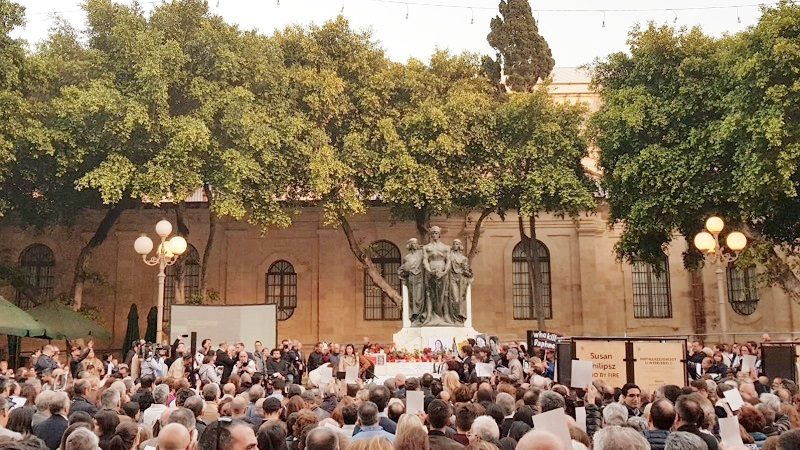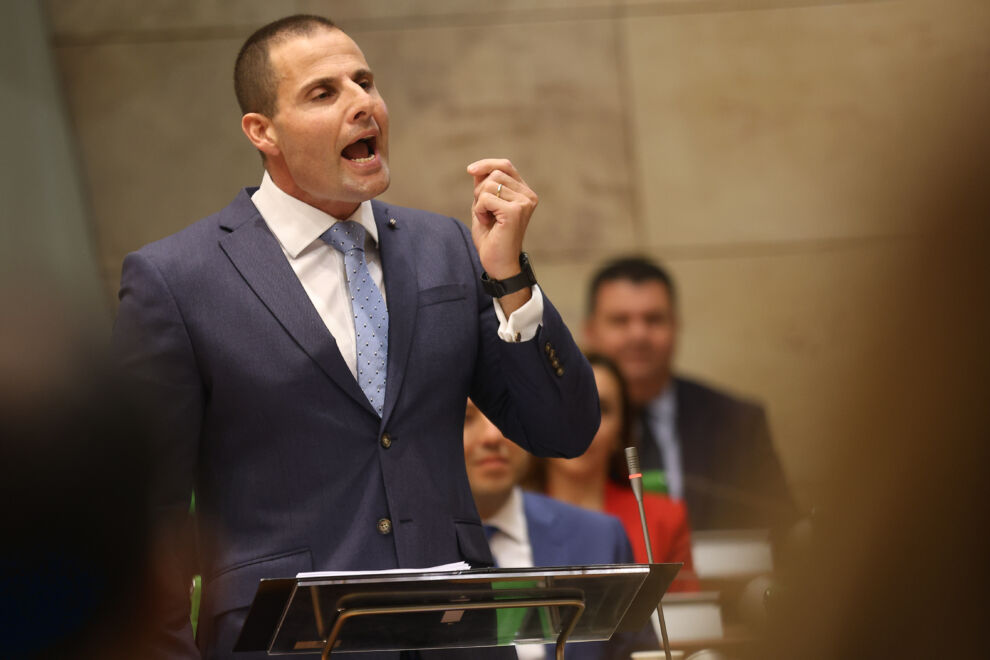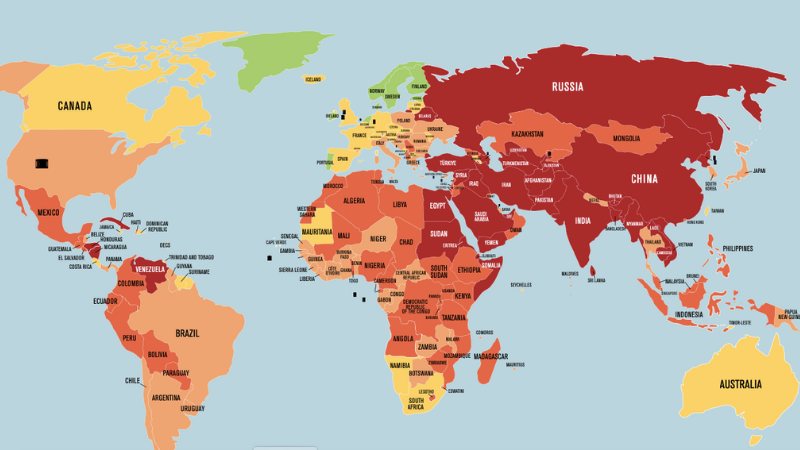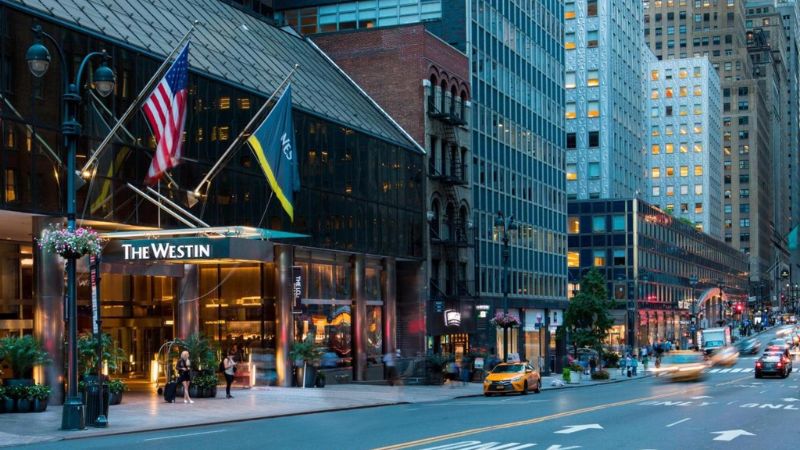The Venice Commission insisted in its report published today that it is an international obligation of the government to ensure that the media and civil society can play an active role in public affairs holding the authorities accountable, in its list of flaws in Malta’s democratic structures.
The report comes in the wake of yet another clearing of citizens’ calls for justice at the protest memorial at the Great Siege monument in Valletta, and increasing tensions every time activists lay flowers, candles or messages at the memorial that has also led to activists being assaulted and a man injuring himself while attempting to stop them.
“The media and civil society are essential for democracy in any State. Their role as watchdogs is an indispensable precondition for the accountability of government… Even when it is stressful for the authorities to endure their criticism, the latter have a duty to ensure that the media and civil society can freely express themselves,” the report states.
As a party to the European Convention on Human Rights, Malta has a positive obligation to protect “everyone’s right to life” under Article 2 of the Convention.
It is the primary duty on the State to secure the right to life by putting in place effective criminal law provisions to deter the commission of offences against the person, backed up by law enforcement machinery for the prevention, suppression and punishment of breaches of such provisions.
“This extends, in appropriate circumstances, to a positive obligation on the authorities to take preventive operational measures to protect an individual or individuals, whose lives are at risk from the criminal acts of another individual,” the Venice Commission states.
The Maltese government is refusing to conduct a public inquiry into Daphne Caruana Galizia’s assassination despite legal obligations.
“As concerns positive obligations in relation to the murder of Daphne Caruna Galizia, it must be established that the authorities knew or ought to have known at the time of the existence of a real and immediate risk to the life of an identified individual or individuals from the criminal acts of a third party, and that they failed to take measures within the scope of their powers which, judged reasonably, might have been expected to avoid that risk,” the report states.
The report prepared by the advisory council to the Council of Europe, consisting of independent experts in constitutional law, raised a number of major concerns on the rule of law in Malta. The opinion of the highest authority on the subject in Europe was requested from the Legal Affairs and Human Rights Committee of the Council of Europe’s Parliamentary Assembly. The Maltese government then followed.
No country can call itself a democracy without addressing the flaws highlighted by the Venice Commission, legal experts familiar with the report’s conclusions told The Shift News.
The report addresses the lack of checks and balances necessary in a democracy, and the “wide” powers of the Prime Minister that overshadow other government bodies, including the president, parliament, the Cabinet, the judiciary and the Ombudsman.
Notably, the report states that Malta does not have separation of powers, or constitutional control by the courts. There is a serious lack of checks and balances, and citizens do not have access to justice in all cases, making the country’s legal system inconsistent with essential requirements of the rule of law, and therefore inconsistent with the very concept of democracy.
Read: ‘Malta is not a functioning democracy’ – Venice Commission













